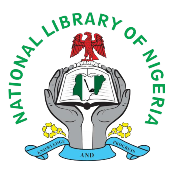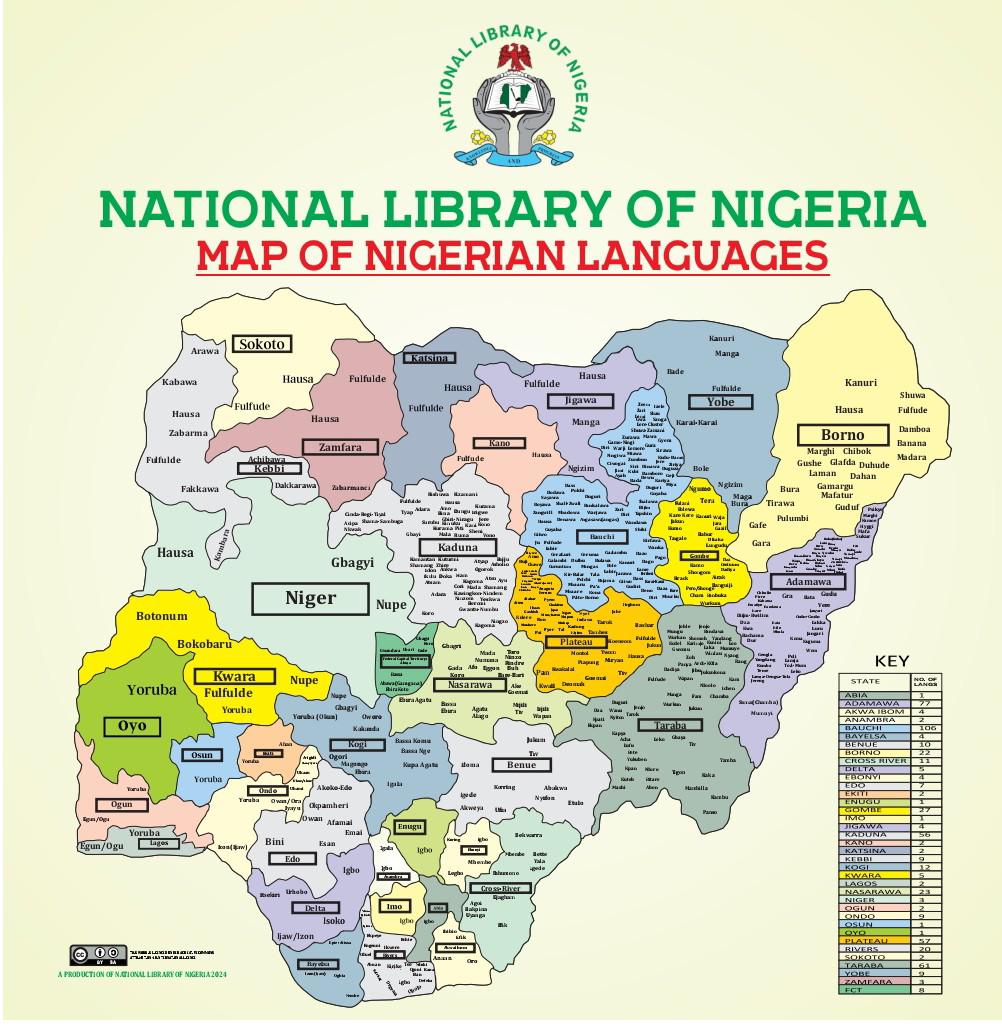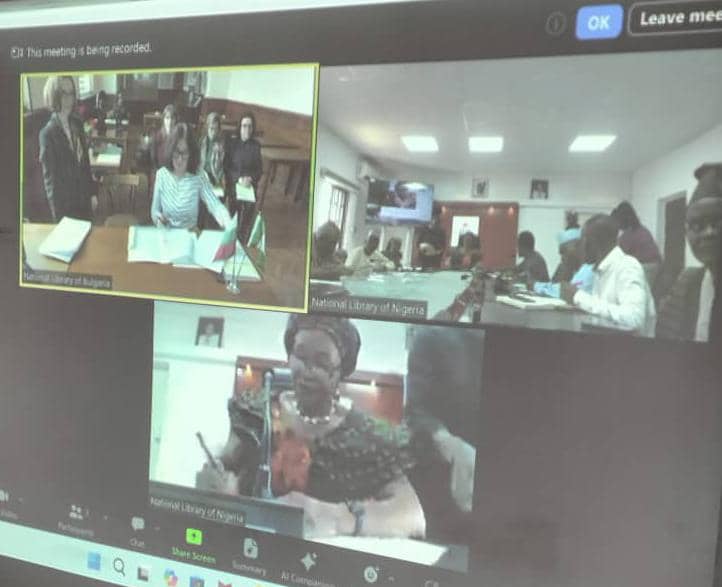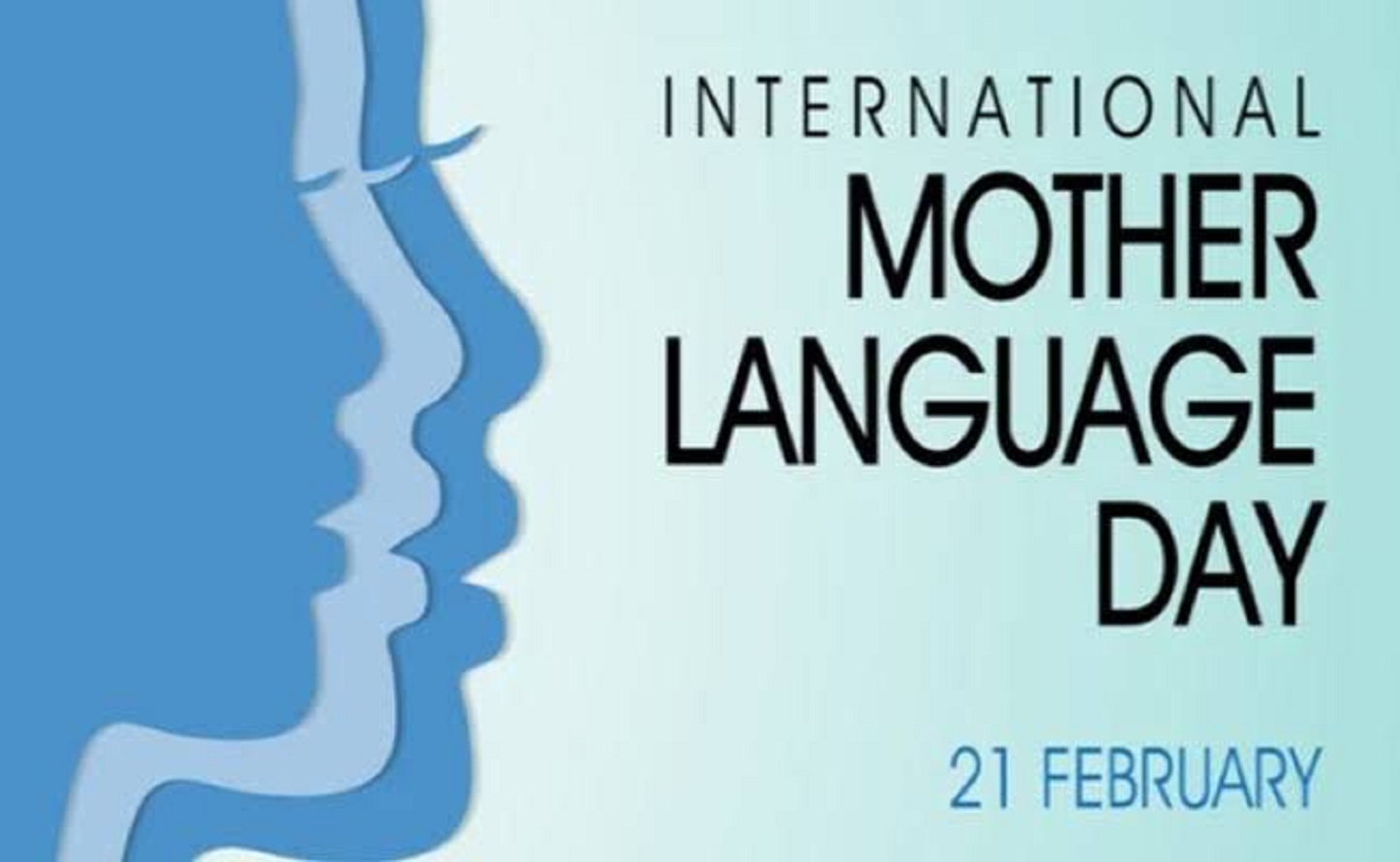Indigenous languages around the world are gradually going into extinction, and Nigeria is no exception. The trend is worrisome as language is not just a means of communication, but an essential tool for preservation of culture, identity, and history. According to UNESCO, about 43% of the estimated 6,700 languages spoken in the world are endangered, and the rate of extinction is increasing.
In Nigeria, the situation is not different, as many indigenous languages are at risk of extinction. Out of the estimated 500 languages spoken in Nigeria, only 10% are used as languages of instruction in primary schools. Incidentally majority of these languages have no orthography making it more difficult for preservation or used as language of instruction. The lack of support for these languages by the educational system, coupled with the country's diversity, has led to the decline in use, and extinction of some languages.
It is therefore imperative to recognise the role of multilingual education in preventing the extinction of indigenous languages as well as transforming education for Nigeria’s sustainable development.
Multilingualism is a necessary tool for educational transformation in Nigeria and the world at large. It involves using more than one language as a medium of instruction in schools which implies the adoption of mother tongue as a compulsory language of instruction in schools, the first step in the right direction towards preserving indigenous languages in Nigeria. It is therefore cheering that the National Language Policy approved by the Federal Government makes mother tongue a compulsory medium of instruction for public primary school pupils. The use of mother tongue for the first six years of education, combined with English language from Junior Secondary School, will provide a solid foundation for pupils to be proficient in both languages.
By using indigenous languages as a medium of instruction, children will have a better understanding of their culture, identity, and history. It will also boost their self-esteem and sense of belonging to their communities. Furthermore, multilingual education will enhance communication and interaction between different ethnic groups in Nigeria, promoting national unity and harmony.
These no doubt will lead to indigenisation of educational activities and knowledge leading to home grown technological development.
The preservation of indigenous languages will have numerous benefits, both for individuals and society as a whole. Indigenous languages carry the cultural and historical identity of a people, and preserving them will ensure that the unique features of different cultures are not lost. Additionally, language plays a vital role in cognitive development, and proficiency in multiple languages is linked to enhanced mental flexibility, creativity, and problem-solving skills.
The preservation of indigenous languages will also help in the promotion of diversity, as it provides a platform for people to understand and appreciate the cultures and ways of life of others. By promoting and preserving indigenous languages, Nigeria will be able to tap into the vast human and cultural resources available in the country, enhancing development and progress.
It is important to recognise the role of authors, publishers and printers in sustaining not just this policy but the overall drive towards the promotion of our indigenous languages preservation and use. This could be achieved through writing, printing and publishing reading materials in our diverse indigenous languages. These texts will serve as the bedrock for transformed education riding on the train of multilingualism.
Furthermore, language experts should step up orthographic studies to identify those indigenous languages which orthograph are yet to decipher, the first step in documentation, preservation and use of languages for education.
In conclusion, the adoption of multilingual education in Nigeria, as exemplified in the recent approval of mother tongue as a compulsory language of instruction for primary schools, is a crucial step towards preserving indigenous languages from going into extinction, encouraging critical thinking from the Nigerian indigenous environment, technological development that is home based and providing a new generation with Nigerian multilingual background. The preservation of these languages will ensure the promotion of cultural diversity, unity, and national development. The government should follow through on the implementation of this policy by providing the necessary instructional materials and qualified teachers to make it a success. Furthermore, individuals, communities, researchers, publishers and organizations should play their part in promoting and preserving these indigenous languages for posterity.
Prof. Anunobi is the National Librarian/Chief Executive Officer of the National Library of Nigeria





